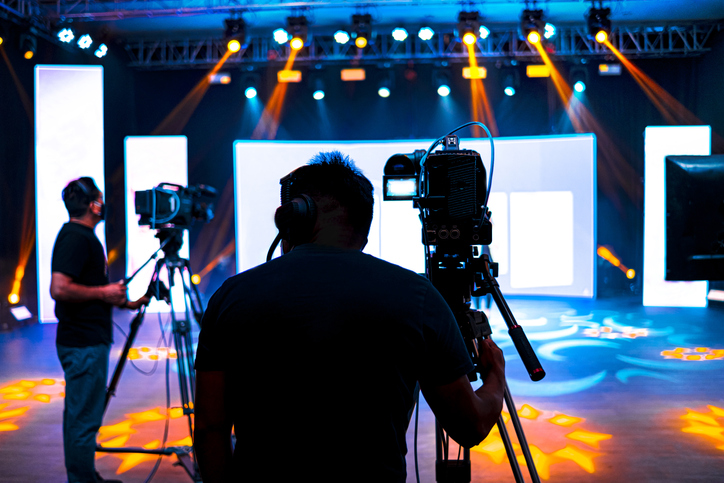#Wakanda and #BlackPanther have been trending non-stop these past few months and for good reason. The latest film in the Marvel Cinematic Universe smashed box office records with no sign of slowing down. I am not ashamed to admit that I saw it opening night and may even go pay to see it again.
Why was this movie such a sensation? Or, should I say a movement? Simple- representation. Black Panther is an empowering, action-packed and critically acclaimed film that featured an almost entirely black cast. It is arguably, the first black superhero film, and it is amazing. It is not just representation for the sake of representation. The characters are flawed and multi-layered with a story that is frankly badass.
The film doesn’t just stop at presenting audiences with strong black characters, but strong black female characters. The most critically acclaimed actors with the most award recognition in the cast are the women. Angela Bassett (Golden Globe winner, Oscar and Emmy nominee), Lupita Nyong’o (Oscar winner) and Danai Gurira (Tony Award nominated) are equal to the film’s namesake Black Panther in the plot and direction of the film. The breakout star of Black Panther is Letitia Wright who plays Shuri, the younger sister of Black Panther and a technological genius who easily holds her own against her big brother.
Another example of representation in film is the popular TV show, Brooklyn Nine-Nine. The show was recently dropped by FOX despite it being the channel’s highest-rated live-action comedy series this season among adults 18-49. Celebrities including Star Wars Mark Hamill, and Hamilton creator Lin Manuel-Miranda spoke out on Twitter after the news spread. Brooklyn Nine-Nine has one of the most diverse casts on TV right now which some might say could reach a broader audience.
The cast is comprised of a racially diverse group of cops, while the police captain, played by Raymond Holt (Andre Braugher), is a married gay man. From the very beginning of the show, Brooklyn Nine-Nine has been inclusive of every type of person in a supportive and accepting environment. The critically-acclaimed show was picked up by NBC only one day after FOX announced its cancellation.
The Netflix series Sense8 took the importance of representation and ran with it, this time on a global scale. The sci-fi drama series by Netflix was “one of the most inclusive and diverse shows on television”. Cindy Holland, Netflix’s VP for original content said “never has there been a more truly global show with an equally diverse and international cast and crew, which is only mirrored by the connected community of deeply passionate fans all around the world”. The diverse cast reached viewers across the world. Representation was a huge part of this Netflix original show allowing for vastly different viewer demographics.
Film is not the only medium where representation and diversity is important. This can also expand to advertising. Do you want a particular demographic to buy your product? Well, you probably want to showcase that demographic in your ad. Just like Sense8, the Netflix original showcased diverse actors and actresses to increase the viewer demographic. Minorities in America have exponential buying power and that will only increase as the population continuously becomes more diverse.
Black buying power is at $1.1 trillion with predictions of it hitting $1.5 trillion by 2021– a key reason that Black Panther has done so spectacularly. Hispanics spent $1.5 trillion in 2015 and this spending increased to $1.7 trillion in 2017. Asian-Americans’ buying power has increased by 222 percent to $891 billion, the biggest increase in the US. As you can see, the minority buying and spending powers are continuously increasing, and they can potentially be beneficial to businesses.
Racial groups are not the only minority in the US with economic klout. The LGBT population and their disposable income is exponential when compared to other minorities, especially LGBT couples. The fact that many LGBT households have two sources of income with no children means more money to spend. LGBT disposable income was reaching $1 trillion in 2016.
All this being said, diversity and representation on film and in everyday life is important. By being inclusive to different demographics, you can open yourself and/or your business to more viewers, customers, and clients you would have missed. Now is the time to be global and representative of minority groups, and you can watch your ratings, views, and sales increase as a result.

